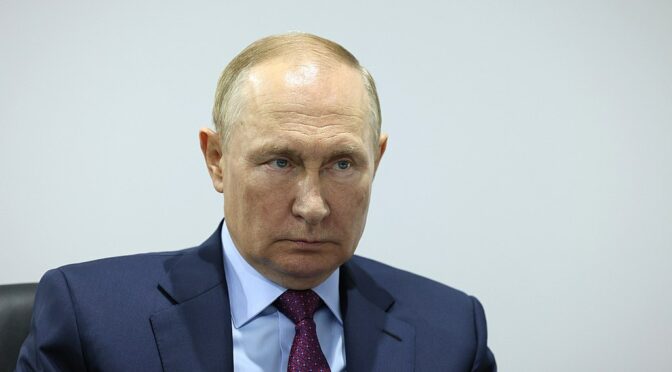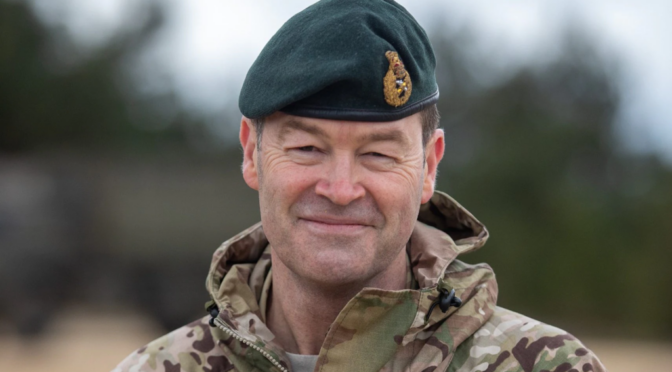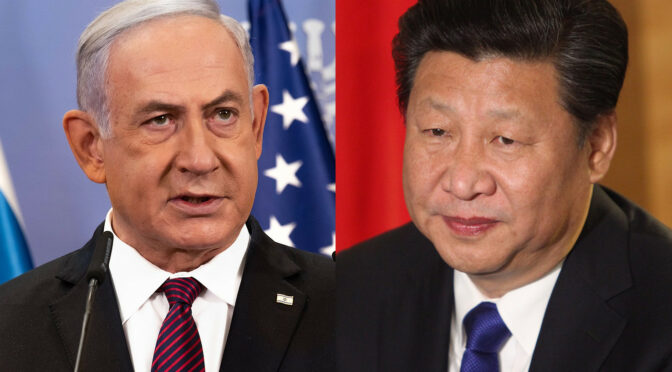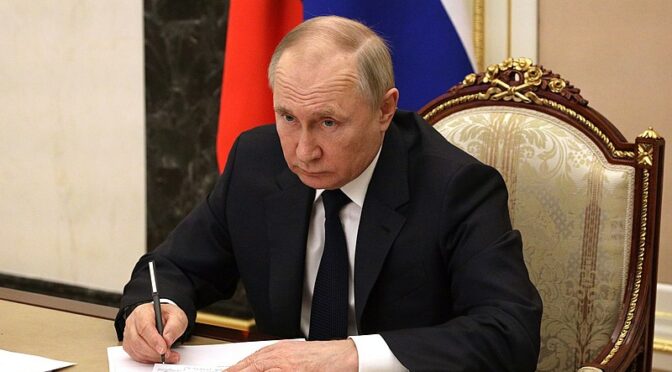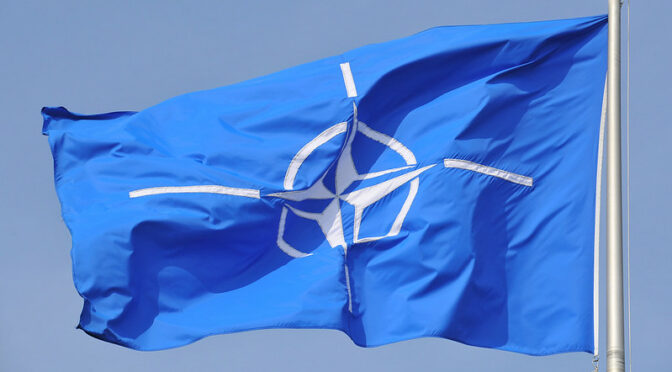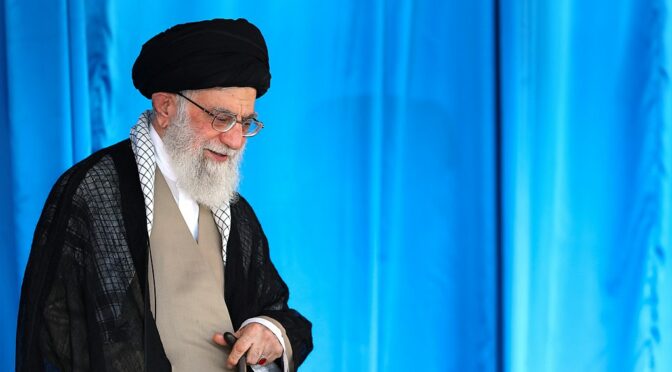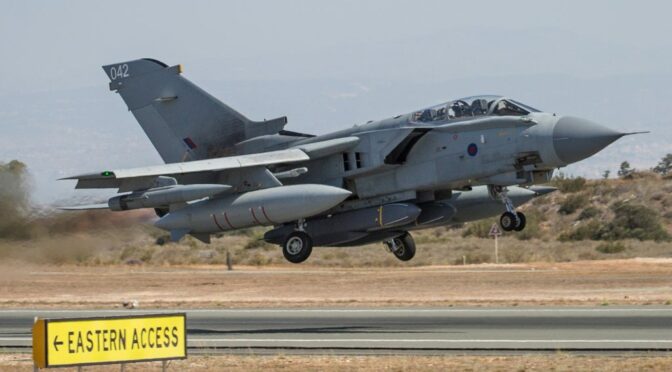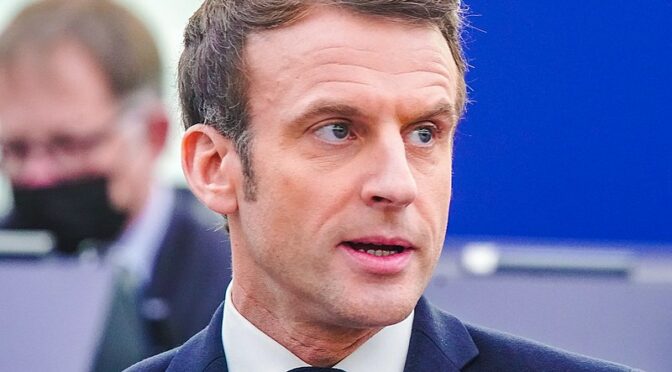In most operations in urban areas, even those conducted by Western armies, more civilians than fighters are killed
Article published in The Jewish Chronicle, 6 July 2023. © Richard Kemp
The IDF defensive operation in Jenin — the most intensive military action in the West Bank since 2002 — has concluded after 48 hours of fighting without any civilian deaths. That is a remarkable achievement unparalleled in any comparable campaign worldwide. Twelve Palestinians were killed, at least eight of whom have been claimed as fighters by the terrorist groups involved.
In most high-intensity operations in urban areas, even those conducted by Western armies who adhere strictly to the laws of war, more civilians than fighters are killed, sometimes in a ratio of 3-5 to one. This is of course not deliberate but an unavoidable consequence of fighting an enemy among the population who themselves dress as civilians, occupy civilian buildings such as mosques, schools and hospitals as bases of attack, and use innocent civilians as human shields.
Israel’s enemies in Gaza and the West Bank go further still, using tactics that deliberately try to lure the IDF to kill their own citizens. You might wonder why any force that sets itself up as protectors of its people would do that. It is because they know they can never defeat or severely damage the IDF on the battlefield, and they can rely unfailingly on journalists, academics, international bodies and activists to blame Israel for these deaths, leading to vilification, condemnation and isolation.
This tactic was used in Jenin and as a consequence around 100 people were wounded, some of whom were civilians. Despite close surveillance, strict rules of engagement, extensive training in preventing civilian casualties and tight battle discipline, it would have been impossible in these circumstances to completely avoid any uninvolved civilians getting hit. To understand that you just have to put yourself in the boots of a young Israeli soldier in a fast moving and chaotic situation with explosives and gunmen potentially around every corner, bullets maybe with your name on scything through the air and every step you take liable to set off a lethal booby trap. Don’t forget, operating on their own turf, the terrorists had plenty of time to prepare the ground for the incursion they knew would come sooner or later.
In this situation it is quite remarkable that the IDF were able to avoid killing any civilians at all. I doubt any other army would be able to achieve that. I was in Israel a few years ago with a group of retired Continue reading

